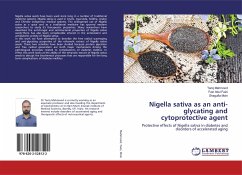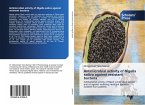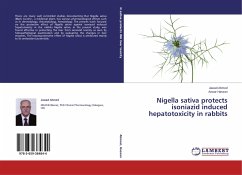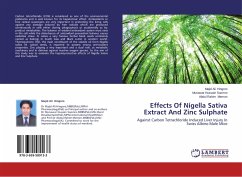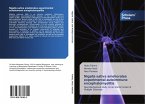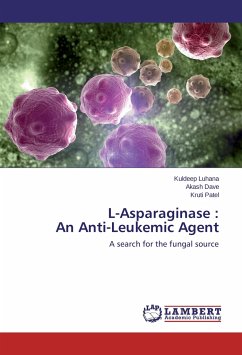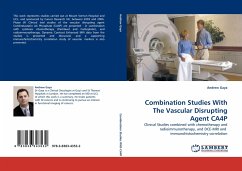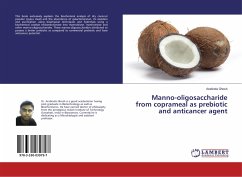Nigella sativa seeds have been used since long in a number of traditional medicine systems. Nigella sativa is used in Unani, Ayurveda, Siddha, Arabic and Chinese indigenous medical systems. The widespread use of Nigella sativa as a spice and as a traditional medicine has spurred modern researchers to study it's therapeutic properties. Many researchers have described the anti-fungal and anti-bacterial properties of Nigella sativa seeds.There has also been considerable interest in the antioxidant and antidiabetic activity of Nigella sativa.In this work we have attempted to describe the free radical scavenging and anti-glycating properties of the ethanolic extract of Nigella sativa seeds. These two activities have been studied because protein glycation and free radical generation are both major mechanisms driving the pathological processes related to complications of diabetes mellitus. In effect this work looks at the ability of the ethanolic extract of Nigella sativa seeds to disrupt the biochemical processes that are responsible for the long term complications of diabetes mellitus.

